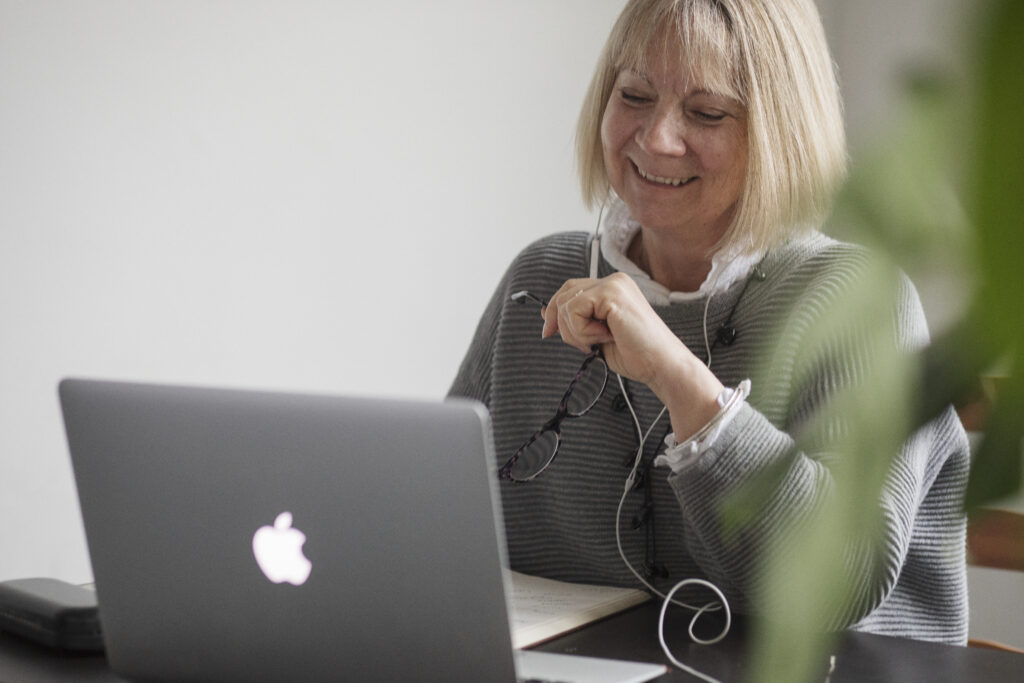It’s ok to say “No”!

How much of your time is spent seeing things from other people’s point of view? Do you find yourself, like me, a willing helicopter parent for grown up children, patiently caring for very elderly relatives, being a proactive member of the workplace and struggling to manage everything else in between?
Agreeing with everyone, being amenable and making sure everything runs smoothly guarantees that I fit in and have strong bonds (for the most part) with family and friends. But what about me? Am I the essential cog in the wheel, or the doormat? How much of my ‘people pleasing’ behaviour is a positive thing which makes me feel good and how much is a trap which leaves me over-committed and manipulated? I’m working on what motivates me to do things for others; guilt, love, fear, duty, positive or negative choices, with interesting results.
In a leadership context you could consider whether you draw on your people pleasing or rescuing tendencies appropriately, or if you do it to feel a sense of worth, self-esteem or power. Similarly, you could look at your team. Is anyone at risk of spending so much time in their colleagues’ shoes that they forget where they keep their own?
If you recognise this, start practising saying “No”. Explain why you’re not agreeing, but don’t make excuses. Set some boundaries “I can help you, but not right now. Come back tomorrow, at 2.00, I have half an hour I would be happy to give to your issue then.” Support and encourage your colleagues to practise appropriate selfishness, and try to model positive behaviours by not making unreasonable requests of your known people pleasers.
Contact Us
Explore this thinking with your coach. See how we can help
More Thinking









